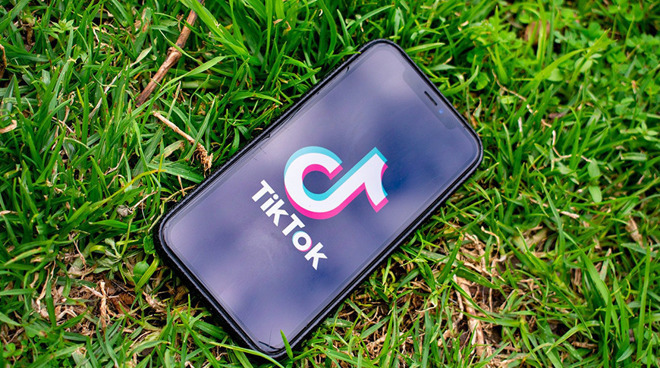A deal between Bytedance and Oracle to keep TikTok alike in the United States has been given the approval of US President Donald Trump, Just over a day before access to the app would have been curtailed in the United States.

TikTok narrowly gets approval 'in concept' from Donald Trump ahead of Sunday's deadline
Speaking to reporters on Saturday as he headed off to a North Carolina rally, Trump has given the go-ahead for the deal in principle, one that would have Oracle and Walmart partnering to operate TikTok's US operations.
"I have given the deal my blessing," Trump said at the White House South Lawn, reports CNBC. "If they get it done, that's great, if they don't that's okay too. I approved the deal in concept." The new company that would operate TikTok will most likely, according to Trump, be incorporated in Texas.
The new company will "have noting to do with China, it'll be totally secure, that's part of the deal," Trump added according to the Daily Star.
The approval of the President isn't a complete guarantee that the app is completely safe. It does at least offer hope to investors and users of TikTok that the service won't be killed off by an Executive Order.
On Friday, sources within the White House advised Trump had refused the terms of the Oracle-Bytedance deal, following weeks of discussion between the companies. It is unknown if last-minute changes were made to the deal to make it more agreeable to the President.
According to the Executive Order, TikTok and WeChat were to both be blocked on Sunday, September 20, under alleged national security grounds, though that now seems to only apply to WeChat. Under the ban, US companies would not be able to perform transactions with TikTok from Sunday onward, but wouldn't prevent US companies from doing similar business with Bytedance outside US borders.
The ban would have removed the apps from the Google Play Store and Apple's App Store, preventing new users from downloading it. Existing users would still be able to use the services, but wouldn't be able to redownload the app or acquire updates.
There was also the possibility of Apple and Google using so-called "kill switches" to delete apps from user devices, though it is unlikely either company would have done so without a legal challenge.


